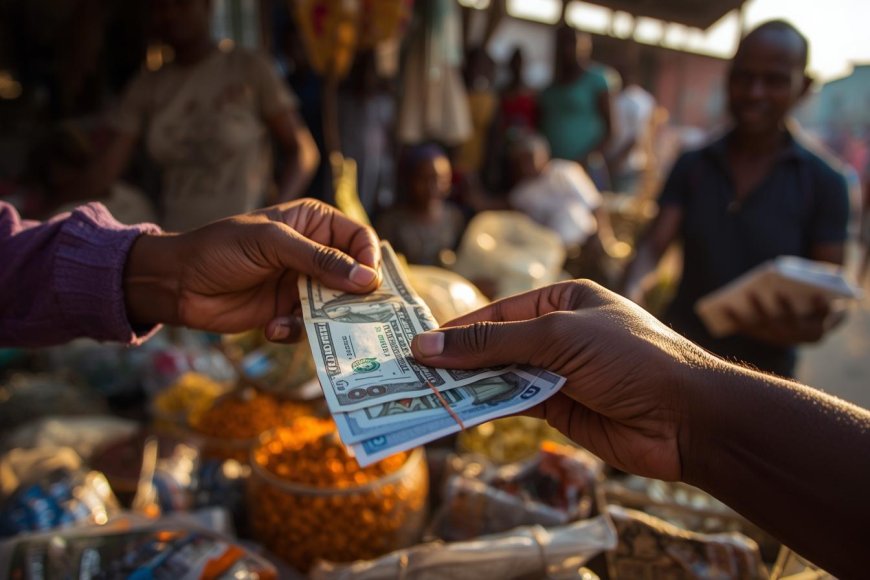In today’s digital-first world, we often take for granted how easily money moves across borders, just a few taps on an app and funds are on their way. But for millions of people living in cash-only communities, often in rural or underserved regions, access to bank accounts, smartphones, or the internet is limited or non-existent. Despite these barriers, families still need to send and receive money, whether it's to support a child’s education, pay for emergency medical care, or buy necessities. So, how does money move when banks aren't part of the equation?
The Reality of Cash-Only Economies
In many parts of sub-Saharan Africa, Southeast Asia, and the Middle East, communities operate almost entirely on cash. This is due to a range of factors, lack of infrastructure, limited financial literacy, low smartphone penetration, and deep-rooted trust in traditional, informal systems.
In these places, people often rely on money transfer agents, informal remittance networks, and mobile money providers that offer more than just financial services, they offer connection, trust, and speed.
Remittances Without Borders: How It’s Done
Without access to formal banking, people turn to alternative remittance services that are adapted to the realities of local life. A prime example is Dahabshiil, one of the largest international money transfer companies operating in Africa, the Middle East, and diaspora communities worldwide.
Dahabshiil has built a trusted network that stretches from London to the Horn of Africa, allowing people to send and receive money in cash, even in remote, unbanked regions. It operates through thousands of agents and partnerships with local businesses, enabling users to pick up physical cash or have it delivered within their communities.
For example, a Somali parent working in the UK might send money to their family in a rural Somali village. Through Dahabshiil, the funds are routed through a secure digital system but can be collected in person as cash, no smartphone or bank account needed. The process is quick, often same-day, and built on decades of community trust.
The Power of Human Networks
What makes companies like Dahabshiil unique isn’t just the technology, it’s their ability to bridge cultures and financial systems. In places where formal banking may be viewed with scepticism or simply isn't available, these providers work through community-based trust networks, local agents, and even religious or tribal leaders who verify identities and facilitate transactions.
Conclusion: Innovation Isn't Always Digital
While fintech giants race to develop blockchain solutions and instant bank-to-bank transfers, real innovation is happening on the ground, where cash meets community. Services like Dahabshiil prove that inclusion doesn't require a bank account or an app. It requires understanding, access, and above all, trust.
For millions of families living without banks, the ability to send and receive cash safely means more than just convenience. It means connection, survival, and dignity, because even without a bank, life doesn’t wait.

